Most people start to think about caring for their brain health as they get older - but the truth is that taking the appropriate steps to care for your cognition is important at all ages.
Today it’s estimated that 5.8 million Americans are living with Alzheimer's disease, and what’s even more alarming is that this figure is supposed to grow in the years to come with current trends.
Many say that you can take some simple daily steps to care for your brain earlier in life that will help prevent general cognitive decline and the fatal diagnosis of dementia/Alzheimer’s - a few of those steps include:
- Getting good sleep: we know, we know - easier said than done, but try your best.
- Prioritize social interactions: Staying social and making friends throughout your life is a great way to keep your mental health and cognition sharp.
- Make movement a daily practice: Exercise increases blood flow and boosts endorphins. Win win.
- Eat brain-healthy foods: It’s said that regularly eating darkly colored plants and vegetables can help with brain health over time. This is where mushrooms come in. Edible mushrooms and medicinal mushroom supplements have been shown to contain high levels of antioxidants, protein, minerals, and vitamins that help with brain health.
Let’s look at the last bullet more in-depth and discover why fungi may be one of the brain’s best friends.
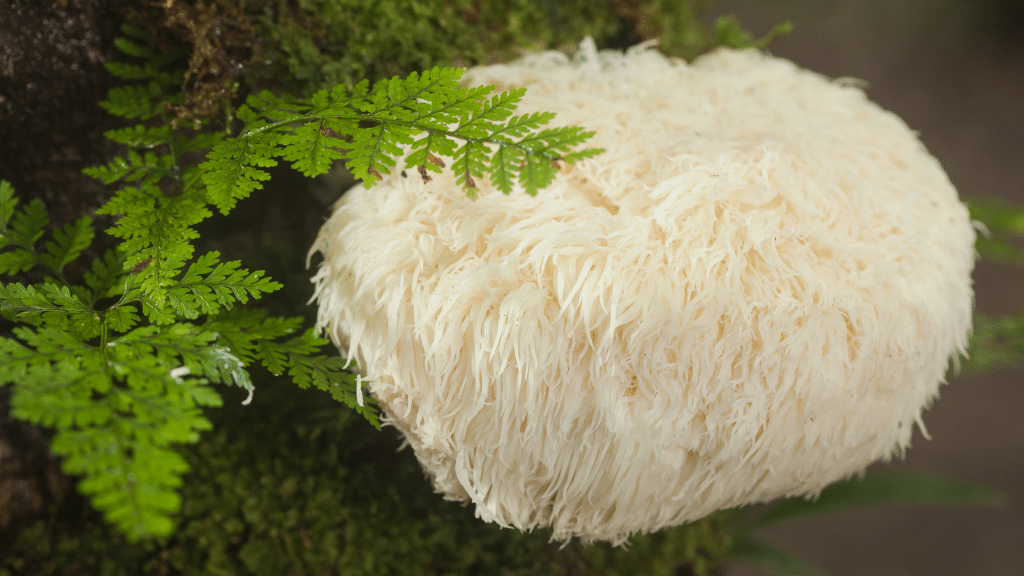
There is a growing number of studies that connect various wild, edible mushroom species to better brain health in various ways - from simply decreasing inflammation in the body (the brain most definitely included), to actually having the ability to stimulate neurite growth, let’s just say we’re intrigued.
Mushroom compounds for brain health
In particular, lion’s mane, turkey tail, and reishi mushrooms have earned their reputation as the brain health mushrooms. But, why?
All of the mushrooms that have been labeled as brain-healthy fungi have a high percentage of helpful compounds like:
- Antioxidants (e.g., flavonoids and phenols)
- Beta-glucans
- Diterpenes
- Dietary fiber
- Plant proteins
But beyond these helpful compounds, it’s simply been shown that people who consume more mushrooms in general have a lower rate of cognitive decline and are more protected against developing Alzheimer’s.
It seems that the proof is in the pudding…err, mushrooms. You get what we mean.
Do beta-glucans help the brain?
Beta-glucans are a fiber found in the cell walls of various living organisms - including mushrooms! While beta-glucans are still a main topic of discussion and study in the mushroom science community, there have been tangible benefits proven as to why mushrooms that are high in beta-glucan content can have a wide range of health benefits.
Here's a list of foods that are particularly high in beta-glucan content:
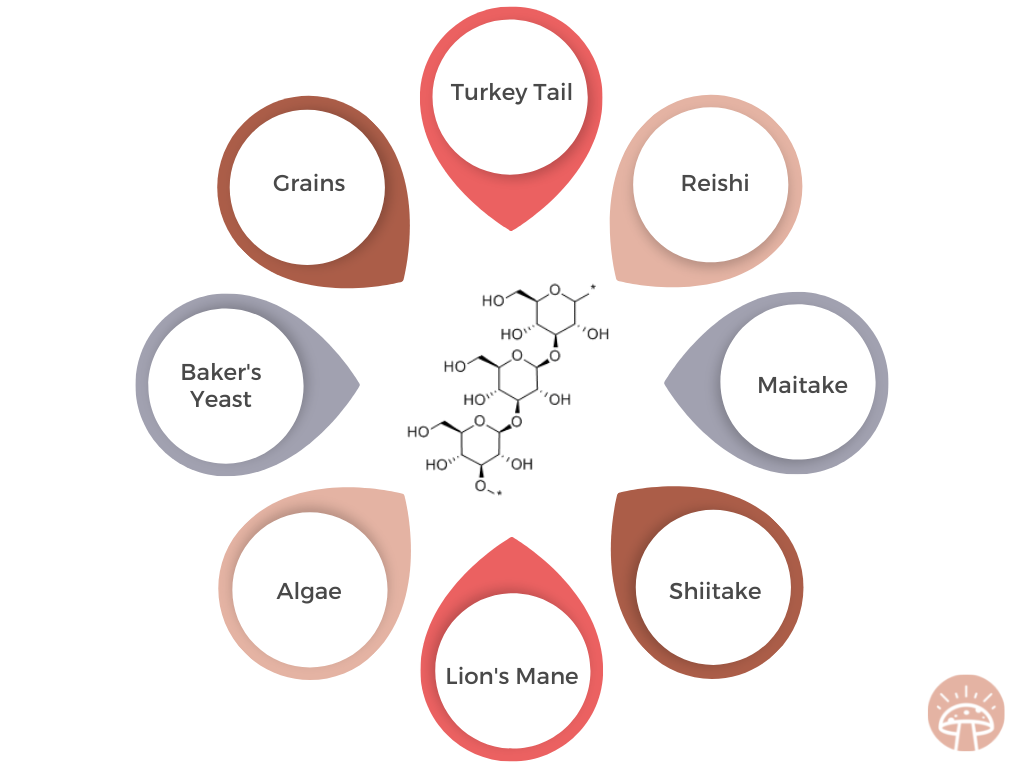
As it pertains to brain health, they may help with cognition due to providing general immune support by stimulating good cell growth and aiding with healthy aging by improving lifespan. For reference, turkey tail mushrooms contain 60.8% beta-glucan content in their caps, reishi contain 50%, and, while it’s certainly less, lion’s mane contains 10% which is nothing to scoff at.
Read more about beta-glucans here.
At the core of the brain health benefits of mushrooms is this: it’s important to ingest mushrooms that help stimulate brain cell and immune boosting cell regrowth. Mushrooms high in beta-glucan and terpenes/terpenoids do just that.
Which leads us to…
What are terpenes/terpenoids and how do they help nerve growth?Mushrooms produce terpenoids (terpenes) that are seen as bioactive compounds. These compounds have been shown to help stimulate nerve growth and may help protect against a wide range of diseases in the human body.
For example, in a study that looked at terpenoids for use in cancer treatment, it was shown that they act as a therapeutic agent in the body to improve white blood cell count and fight bad cancer cells. These same principals have been applied when looking at brain cell generation after mushroom consumption.
Now, let’s take a closer look at the three powerhouse mushrooms that are connected to better noggin health:
Brain health benefits of lion’s mane
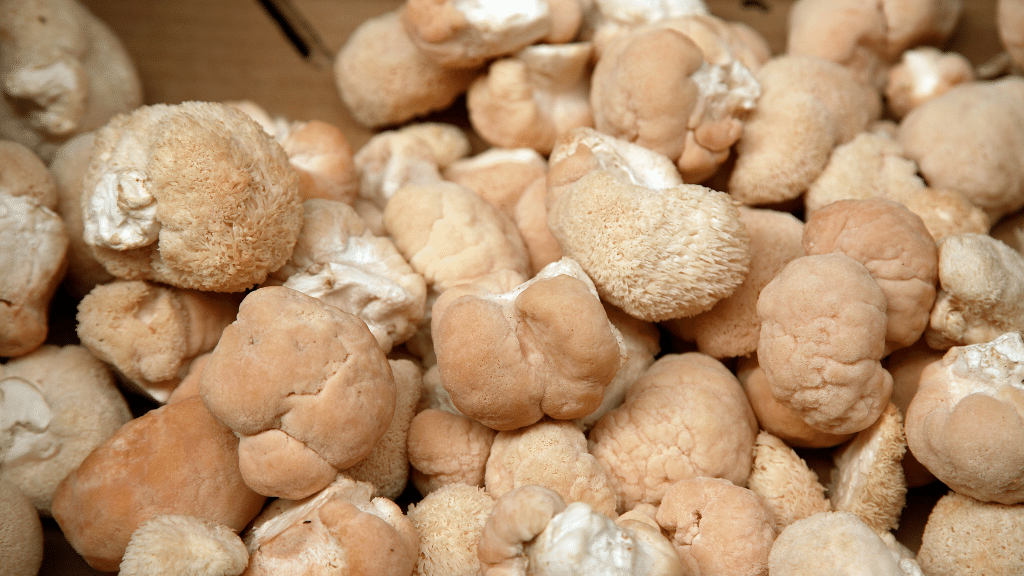
Lion’s mane mushrooms have been used for over 2,000 years in Chinese medicine.
Today it’s considered one of the most popular medicinal mushrooms for its numerous health benefits.
Here's how lion's mane helps with cognitive and health:
- Lion’s mane may protect against dementia: Lion’s mane mushrooms contain two compounds - hericenones and erinacines - that help stimulate brain cell growth. Cool huh?
- Lion’s mane consumption has been shown to improve memory loss: When testing on mice, scientists found that lion’s mane supplementation improved memory deficits in mice
- Lion’s mane supplementation improved executive function for older adults: In a human study conducted with older adults, lion’s mane supplementation was evaluated alongside executive function. It was shown that 3g of powdered lion’s mane daily was shown to increase executive function - and what’s even more interesting is that better results vanished after supplementation was stopped.
- Lion’s mane fosters the production of nerve growth factor and myelin: Nerve growth factor (NGF) and myelin are crucial for brain health, which makes lion’s mane a unique mushroom option for brain health supplementation.
- Anxiety and depression symptoms decreased for mice when given lion’s mane: Lastly, when given lion’s mane supplements, mice were shown to have decreased anxiety and depression symptoms over time.
Learn more about the powerful potential benefits of lion's mane mushrooms here.
Brain health benefits of turkey tail

Turkey tail mushrooms are one of the most studied medicinal mushrooms on the market today. From their extra high beta-glucan content count, to the amazing immune system boosting response they have, turkey tail mushrooms are a favorite for anyone looking to prevent cancer - but they’re also a popular brain health supplement.
Here’s how turkey tail mushrooms can help with brain and cognitive health:
- Turkey tail contains key compounds linked to better brain health: When looking at the makeup of turkey tail mushrooms, we now know that they contain an impressive amount of antioxidants called phenols and flavonoids. These two compounds have been shown to have numerous brain health benefits for humans.
- The immune-boosting effects of turkey tail are palpable: While you may not connect the immune system to brain health, it actually has a direct correlation. Turkey tail’s high levels of Krestin (PSK) and Polysaccharide Peptide (PSP) have been proven to help with immune boosting effects in the body.
- Turkey tail’s vitamins and minerals protect the body from inflammation: The antioxidants we listed above are shown to protect the body (and brain) against harmful inflammation. Turkey tail to the rescue.
We put together a guide to the health benefits of turkey tail mushrooms here.
Brain health benefits of reishi

Last, but certainly not least, we have reishi - the mushroom that many people refer to as the “xanax of the mushroom world” or the “immortality mushroom”...and with good reason. Reishi mushrooms have been used for centuries to treat everything from anxiety relief, to cognitive and neurodegenerative support.
Here’s how reishi mushrooms help brain & cognitive health:
- Reishi’s healthful compounds are linked to anti-aging: In particular, reishi’s beta-glucan content and polysaccharides were shown to have anti-aging effects in an in-vitro study.
- Its calming properties have earned a reputation in the mushroom world: Here’s where the Xanax of the mushroom world comes in…reishi contains triterpenes that may help to alleviate anxiety and depression. But more research needs to be done with humans.
- Reishi helps with brain fog and focus: In a study conducted on mice that looked at blood pressure, reishi supplementation significantly increased cerebral blood flow and cerebral cortex metabolic patterns. This showed that reishi may act as a nootropic which boosts brain performance, helps reduce brain fog, improves memory, and enhances cognition.
Looking to add reishi to your supplement routine? Check out our top recommended brands here.
Dosage of mushrooms for cognitive health
For general brain health and cognitive support, it’s recommended by Chinese traditional medicine to take:
- 2g of reishi daily for brain support
- 6g of lion’s mane daily (equivalent to about 1 teaspoon) for preventative health
- 2g of turkey tail daily for brain support
You might also consider adding a mushroom blend for easier dosing and incorporation into your routine. Check out our list of the top supplement brands here.
Before adding mushrooms into your daily health regimen, please do your research on potential side effects and interactions, and ask a trusted healthcare professional.
What to look for in a mushroom product for brain health
Perhaps the most important piece of the puzzle when looking for good brain health mushroom supplements is to consider the heating and extraction processes the company you’re buying from follows.
Mushrooms need to be heated and extracted appropriately for humans to be able to get full access to the beta-glucan content and other helpful bioactive compounds - especially because beta-glucans are not fully bioavailable to the human body without these processes in place.
Mushroom extraction can feel confusing if you're just starting out. Here's a guide to help!
We recommend to first do your research and then, once you’ve made your supplement purchase, consider making your mushroom powder supplement into a steeped tea. Additionally, you can purchase a supplement that has already undergone the proper extraction processes so they’re good to go in the format you purchase them in.
Let’s take a closer look at types of mushroom supplements.
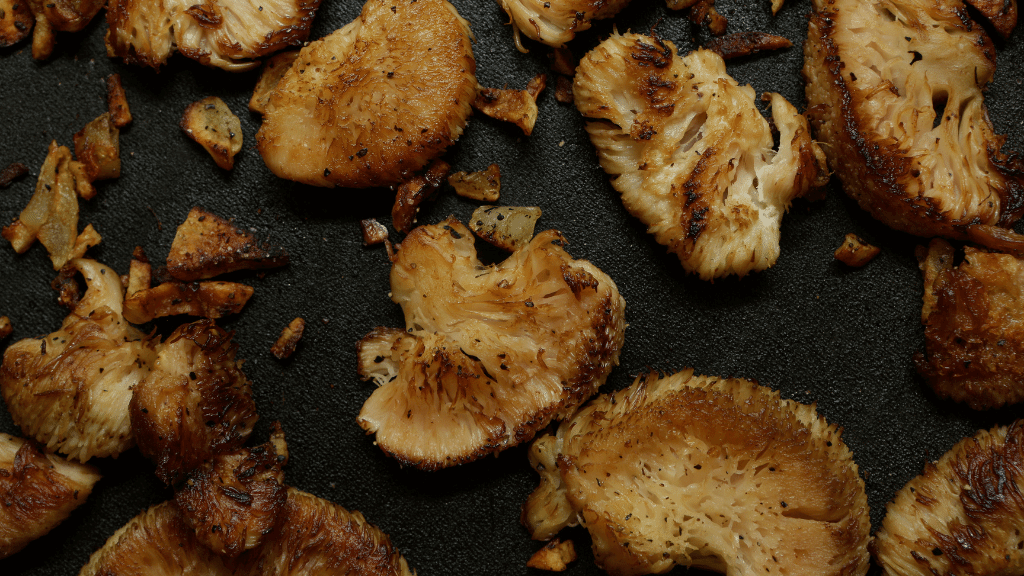
Mushroom supplements for cognitive health
The most popular types of mushroom supplements that you can consider for your brain health regimen include:
- Mushroom extract: For those that simply want to add a few droplets of mushroom extract - or tinctures - into their beverage of choice or onto their favorite meal, mushroom extract is the way to go.
- Mushroom extract powder: If you’re really looking to make sure that beta-glucan content is bioavailable for you, mushroom extract powder is a great choice. This process takes mushroom extract to the next level by heating and drying it once more to bring it back to powder format. We have a helpful guide on mushroom extracts for you to browse if you want more information on this type of powder and why it’s a good option.
- Mushroom capsules: For all of you who are always headed out the door, mushroom capsules are probably your best bet. Mushroom capsules contain mushroom extract powder that has undergone the appropriate processes to make the compounds bioavailable, and then put in an easy-to-gulp-down pill format. There’s truly no fuss involved when it comes to mushroom capsules - they’re easy peasy. Check out our guide to the best mushroom capsule brands before you buy.
We know it's hard to find a great product when there's so much noise in the market. That's why we put together an unbiased list of the top mushroom supplement brands here.
Please note that we always recommend working with your doctor when thinking about incorporating new supplements into your cognitive routine.
Our final word on brain health and mushrooms
The brain is the most important organ in your body, so it’s important to consider what you could be doing better to care for it, nurture it, and protect it.
Mushrooms are a great, functional way to add a brain-healthy supplement into your routine without changing much about your day-to-day.
We hope this was helpful! Cheers to a healthy noggin and wishing you mush, mush more healthy years onto your life.


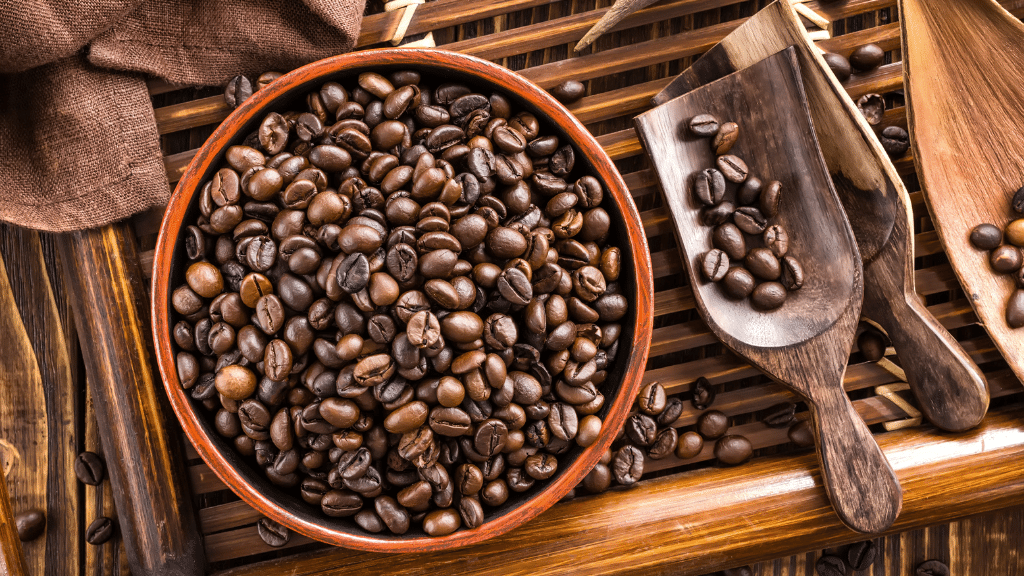


.png)
